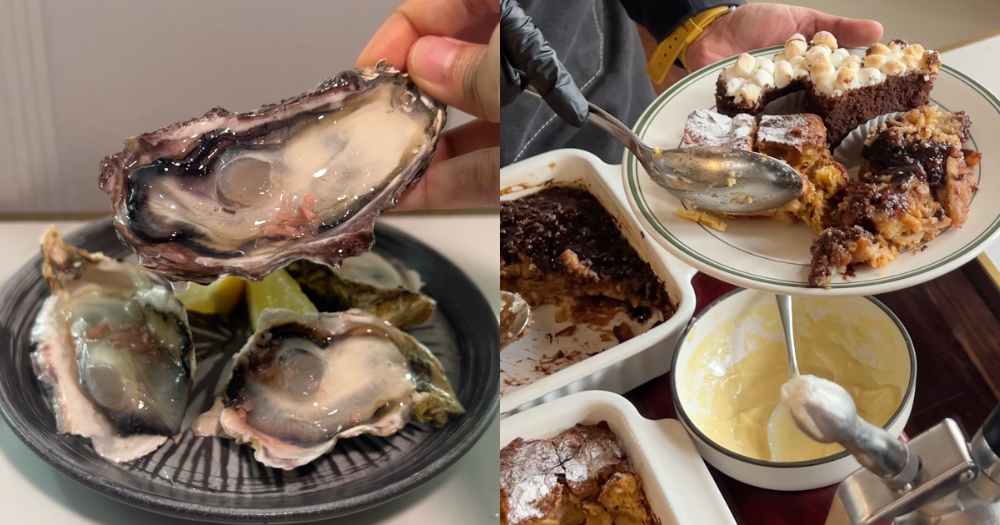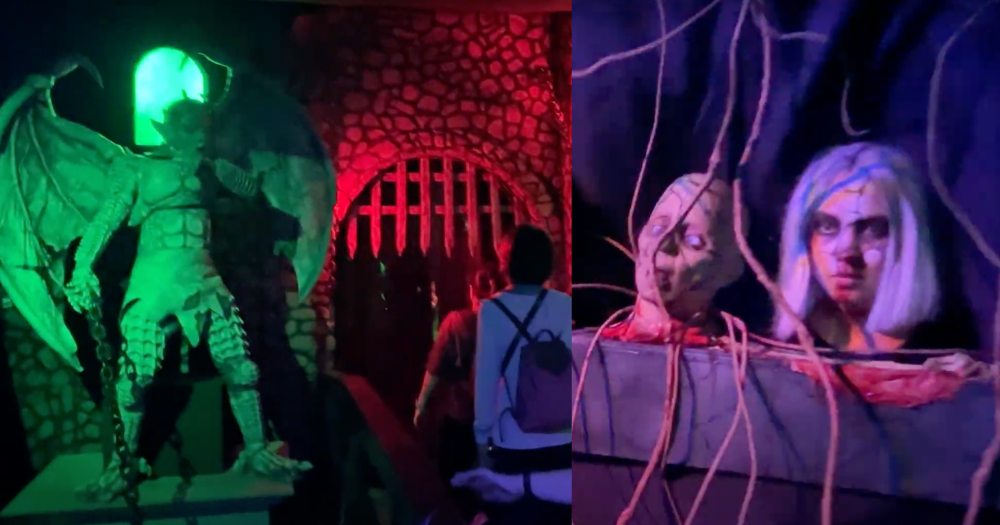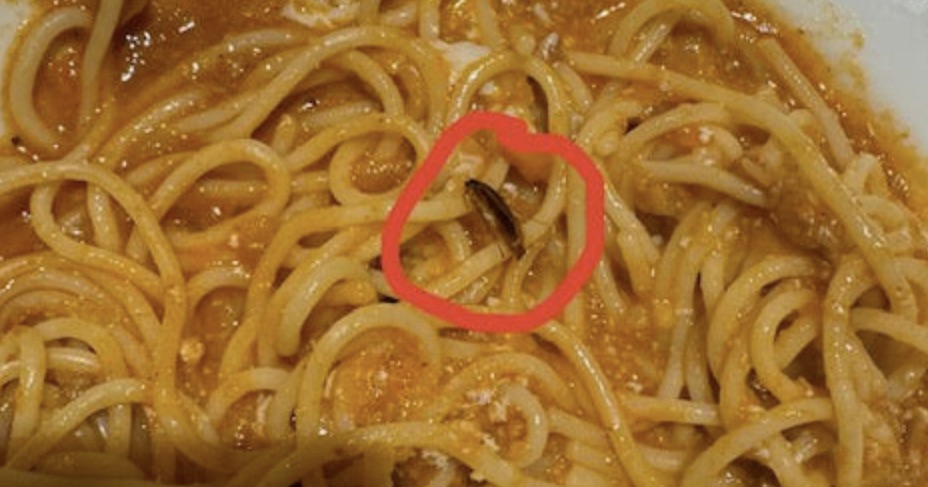28 animals found stuck in glue traps in June 2024, including civet & kingfishers: Acres
This is in spite of the revised glue trap guidelines announced in May 2024.
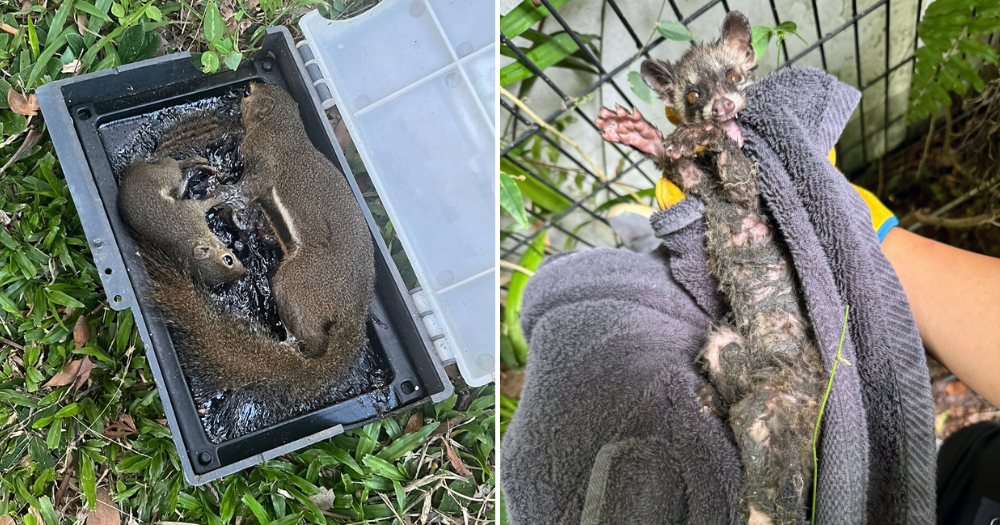
Glue traps are typically used to manage pests such as rats and lizards.
However, these tools do not just trap pests.
Animals other than the traps' intended targets have also found themselves in these sticky situations.
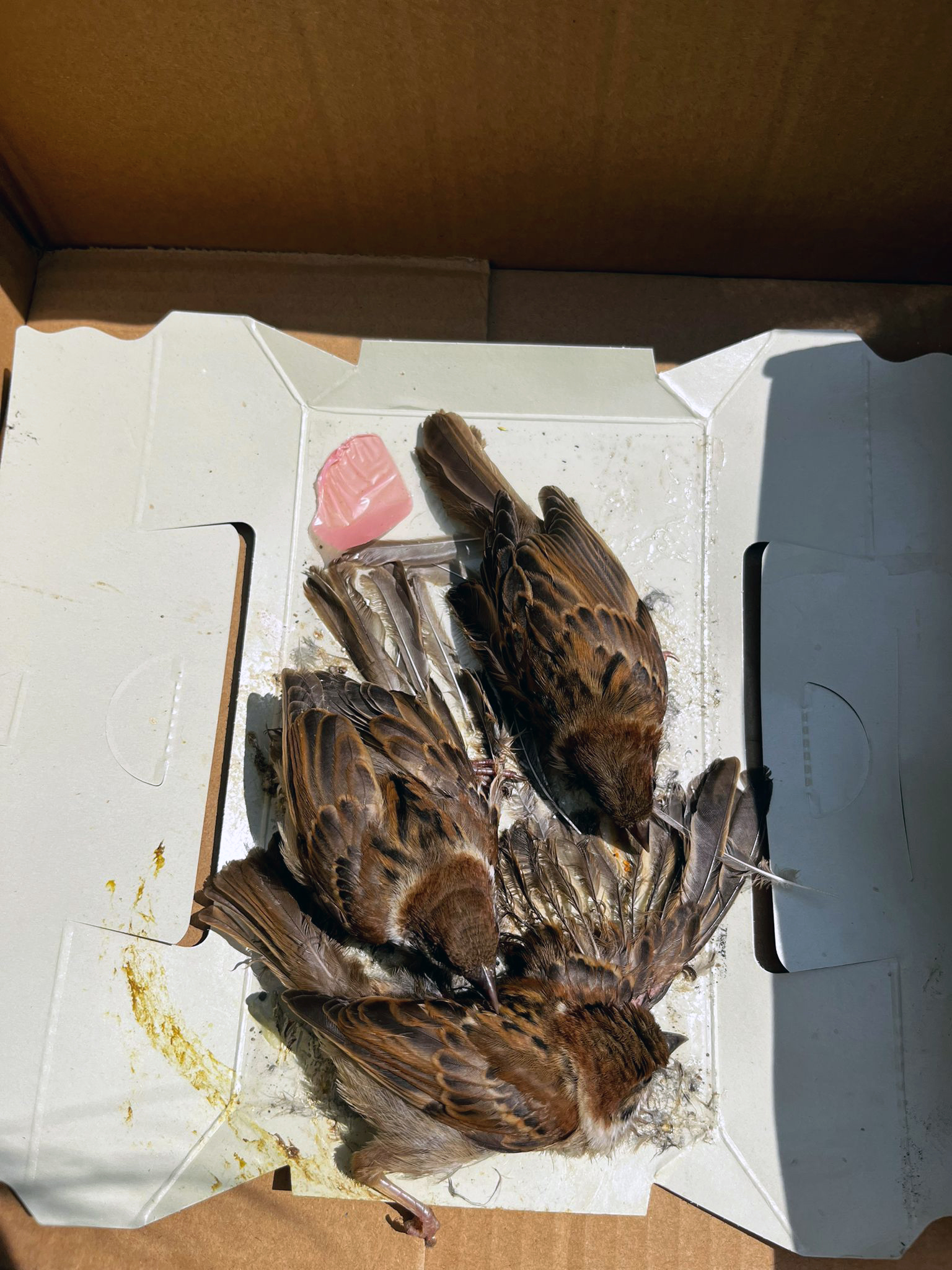 Photo from Acres
Photo from Acres
A Jul. 27 Facebook post by the Animal Concerns Research and Education Society (Acres) reported that 28 animals were found ensnared in glue traps in the month of June.
The list includes:
- 13 Javan mynahs
- Three sparrows
- Two rock pigeons
- Two white-throated kingfishers
- Two plantain squirrels
- One common palm civet
- One pink-necked green pigeon
- One spotted dove
- One tree shrew
- One painted bronzeback
- One paradise tree snake
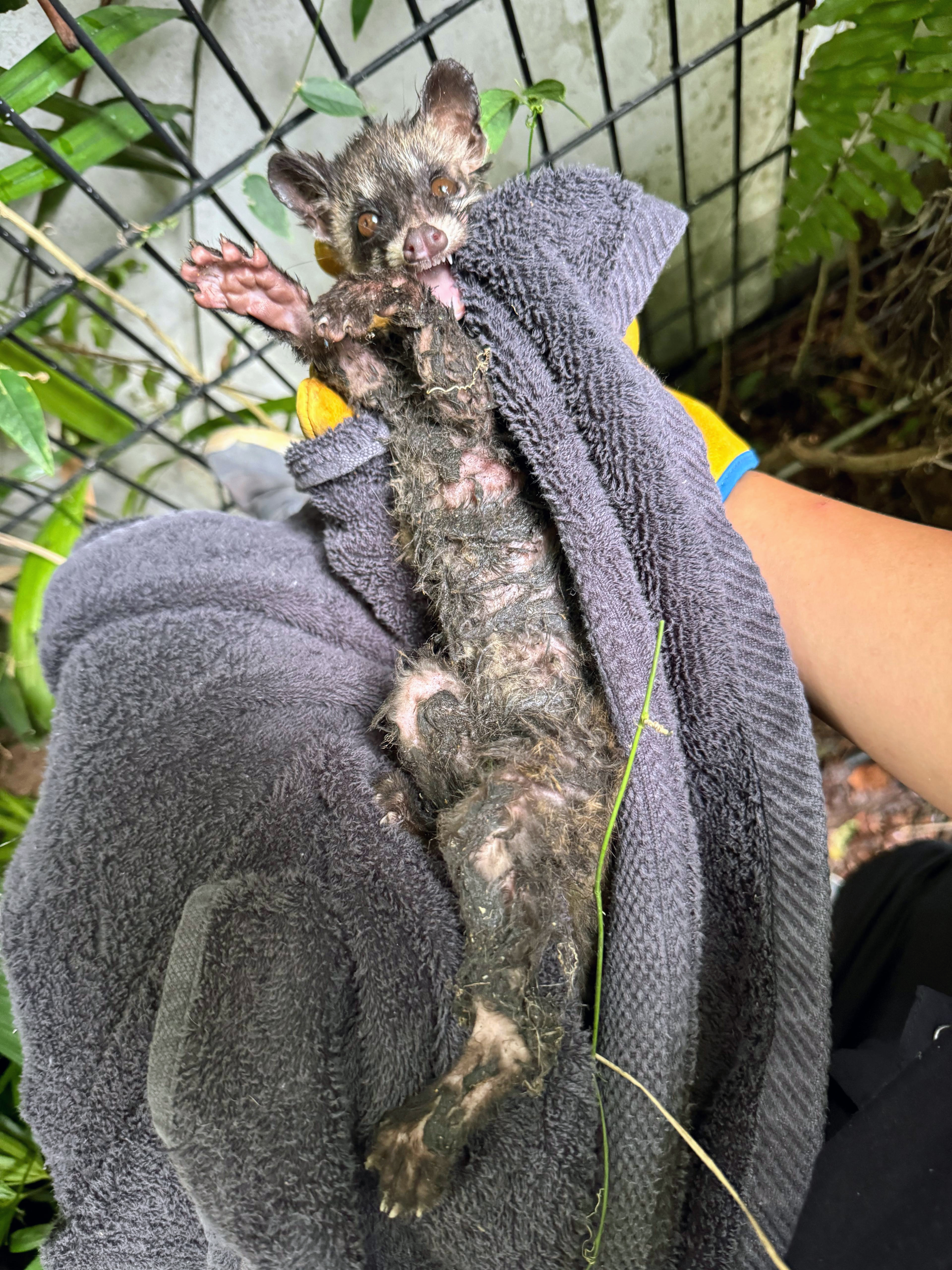 Photo from Acres
Photo from Acres
Existing glue trap guidelines
On May 15, 2024, revised guidelines on the use of glue traps were sent to pest control operators, The Straits Times reported.
The revised recommendations were made by the National Parks Board (NParks), the National Environment Agency (NEA) and the Singapore Pest Management Association.
The guidelines detail that glue traps should be checked daily, have a size limit of 35cm by 25cm, and cannot be deployed in outdoor or semi-open areas unless with strong reasons to do so, such as the need to control serious rat infestations.
Pest control companies should also assess the affected site to document and justify why glue traps are necessary.
Within three hours of finding trapped animals, trapped rats should be removed and affected wildlife should be rescued.
The problem
Since the revised guidelines, Acres stated in their post that it has been analysing glue trap data every month to understand what drives the use of these tools, who puts them out and where.
According to Acres, 20 per cent of glue traps were set up in open areas. Wildlife also still fell victim to covered traps.
25 per cent of these animals were found on traps laid by pest control companies.
For more than half of these cases, the origin of the glue traps are unknown, stated Acres.
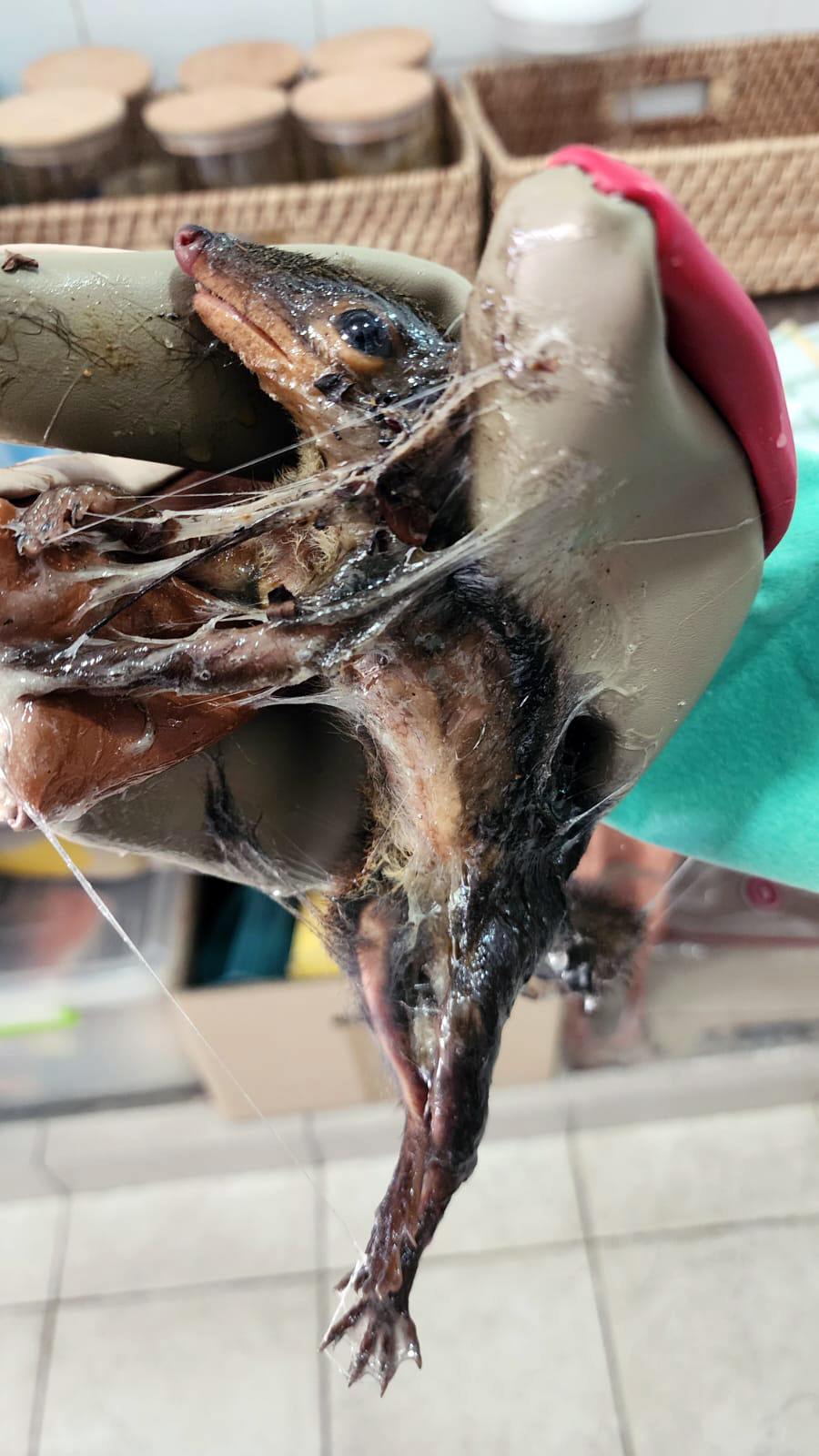 Photo from Acres
Photo from Acres
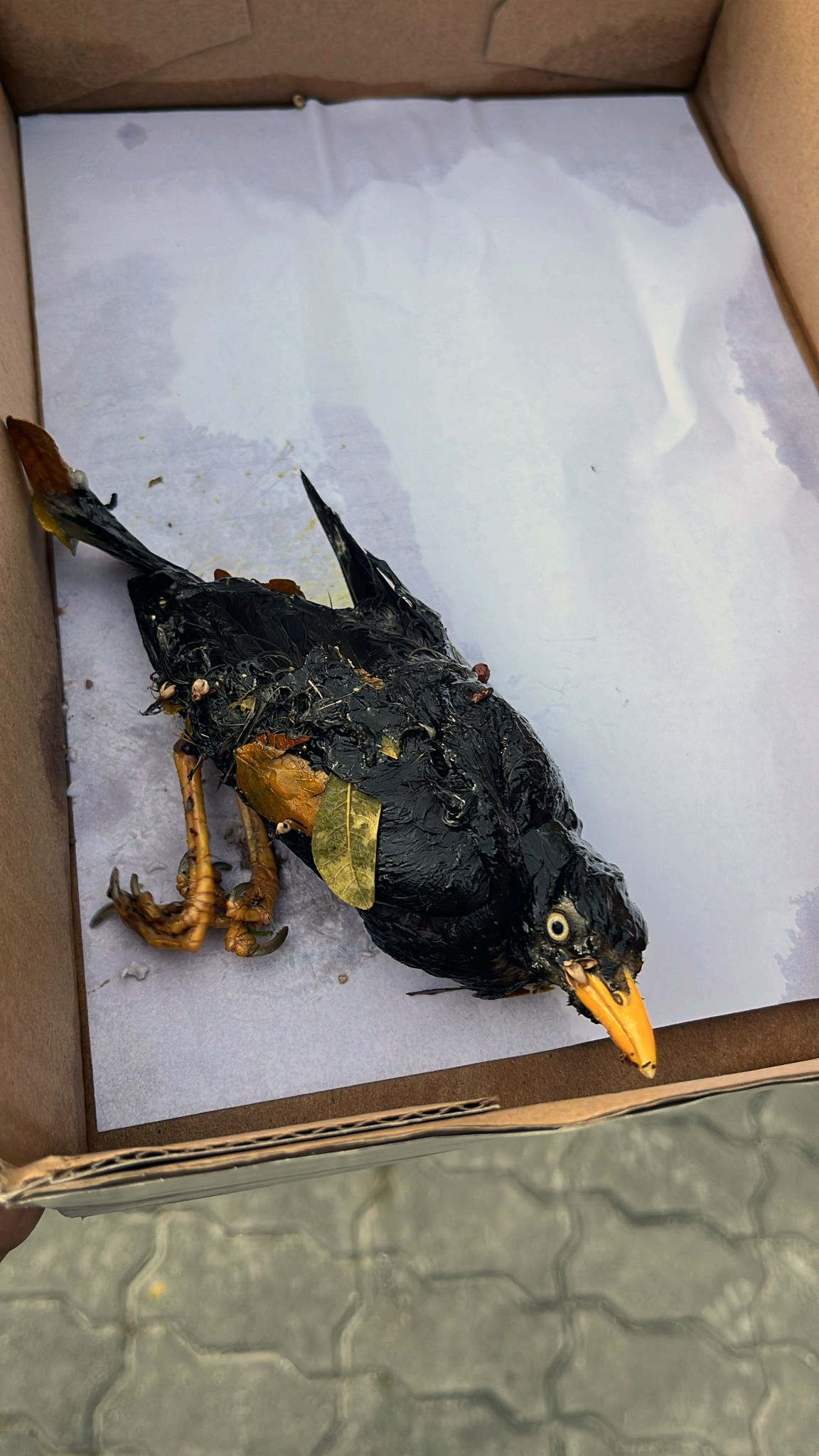 Photo from Acres
Photo from Acres
Advice from Acres
DIY glue traps are often purchased by the public for use due to the lack of existing regulations.
Acres describes glue traps as "inhumane and indiscriminate", and believes that they do not tackle the root of pest infestation issues.
Glue traps are also problematic given the volume of non-target animals accidentally getting caught.
When trapped, animals suffer from fatigue, dehydration, stress and fear.
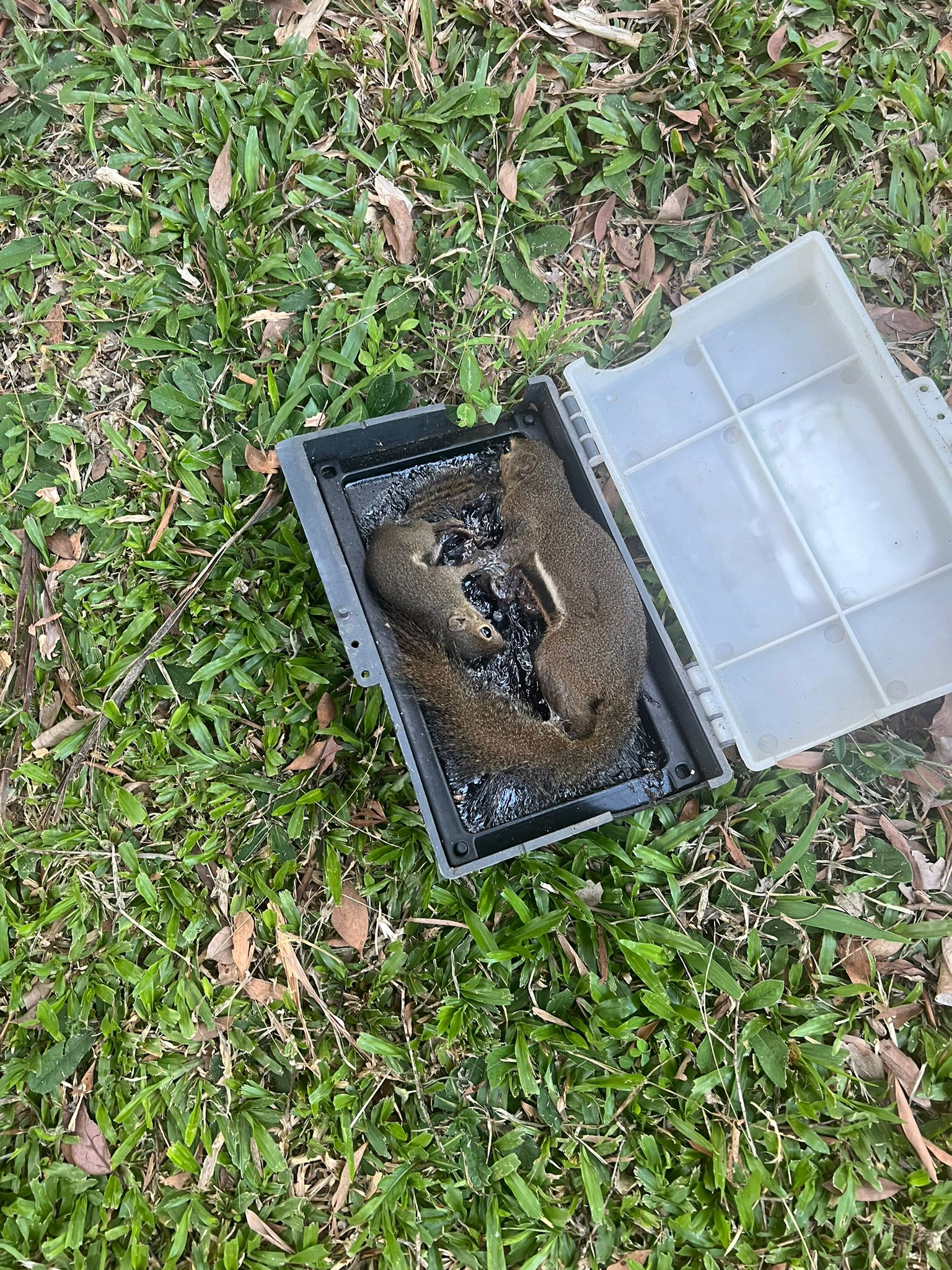 Photo from Acres
Photo from Acres
As such, Acres prompts the public to educate each other on the ill effects of glue traps.
In place of glue traps, Acres also encourages using alternative methods to manage rodent issues.
These include mitigation measures such as removing and securing food attractants, as well as disposing of trash properly.
If one spots any wildlife stuck in glue traps or in distress, they can call Acres' 24-hour wildlife rescue hotline at 97837782.
Top photo courtesy of Acres
MORE STORIES









